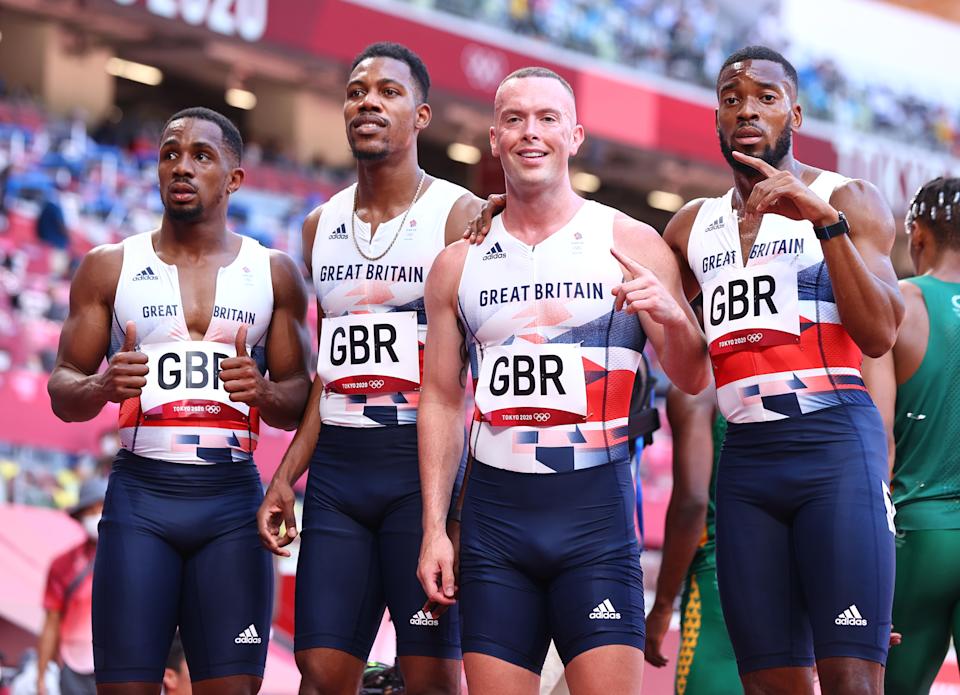Great Britain was stripped of the silver medal it won in the men’s 4x100m relay at the 2020 Olympics in Tokyo last August on Friday after Chijindu Ujah’s anti-doping violation was upheld by the Court of Arbitration for Sport, according to Reuters.
Ujah tested positive for Ostarine and S-23, both of which are banned by the World Anti-Doping Agency, at the Olympics and he was provisionally suspended. The CAS said Friday that he had committed the violation, which officially disqualified Great Britain’s results from the Aug. 6 relay.
Ujah, per the report, did not challenge the decision and said that he had “not knowingly or intentionally doped.”
Ujah, along with teammates Zharnel Hughes, Richard Kilty and Nethaneel Mitchell-Blake finished second in the race in Japan. With their disqualification, Canada will now receive a silver medal and China will earn a bronze after it finished fourth. Italy won the gold medal.
It’s unclear how long Ujah, 27, will be suspended for, though it could be up to four years.
“I unknowingly consumed a contaminated supplement and this was the reason why an anti-doping rule violation occurred at the Tokyo Olympic Games,” Ujah said in a statement, via Reuters.
“I’m sorry that this situation has cost my teammates the medals they worked so hard and so long for, and which they richly deserved. That is something I will regret for the rest of my life.”
The decision comes amid more doping scandals with the CAS and the Olympics, after 15-year-old Russian skater Kamila Valieva tested positive for a banned substance in Beijing earlier this month.


